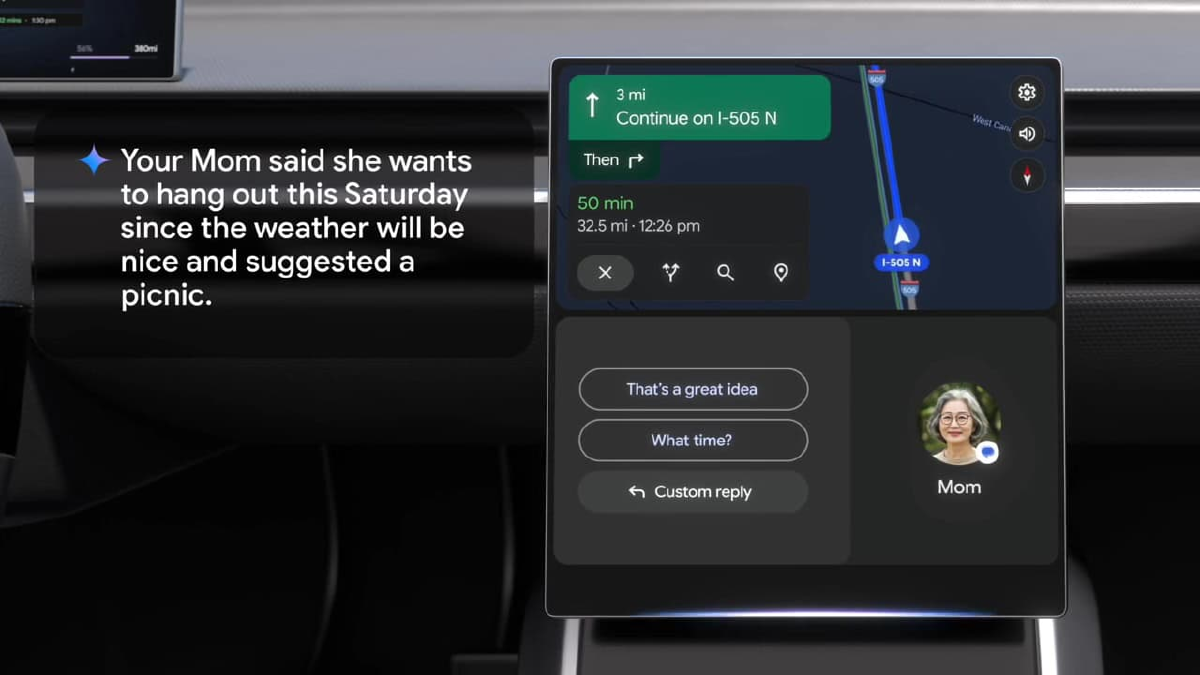Google is replacing Assistant with Gemini AI in Maps. The move transforms how billions of people navigate their world.
Instead of typing “coffee near me,” you’ll soon ask Gemini conversational questions. “Where’s a quiet place to work with good WiFi and outdoor seating?” The AI understands context, preferences, and nuance. It doesn’t just search, it recommends based on understanding what you actually want.
Gemini AI already has 350 million monthly active users. Integrating it into Maps puts sophisticated AI directly into the daily routines of people who’ve never thought about large language models or contextual understanding. They’ll just notice that Maps suddenly feels smarter, more helpful, more like talking to someone who knows the area.
Google Assistant was reactive. You asked, it answered. Gemini is proactive. It interprets intent, makes connections, suggests things you didn’t know to look for. The difference is subtle but fundamental. One is a search tool that got better. The other is an AI that learned to navigate.
The technical upgrade is impressive. But the real shift is philosophical. Every time you ask Gemini for a restaurant recommendation, you’re outsourcing a small decision. Where to eat. What to do. How to spend your time. Individually, these feel trivial. Collectively, they add up to something bigger.
We’re teaching AI not just to answer questions, but to shape our choices about how we move through physical space. The algorithm that decides which coffee shop to show you first is now making assumptions about what you value, what you’ll enjoy, where you belong.
Google promises the experience will be more intuitive and responsive. They’re probably right. But intuitive for whom? Responsive to what signals? As Gemini learns your patterns, preferences, and habits, the map becomes less neutral. It stops showing you the territory as it is and starts showing you a version curated for who the AI thinks you are.
The Navigation Question#
We’ve always needed guides. Maps, compasses, locals who know the way. The difference is that those guides never learned from millions of other people’s choices and then applied that learning to steer yours.
Maybe smarter navigation is just smarter navigation. Or maybe we’re at the beginning of something more significant: AI not just assisting our decisions, but quietly becoming the lens through which we see our options in the first place.


